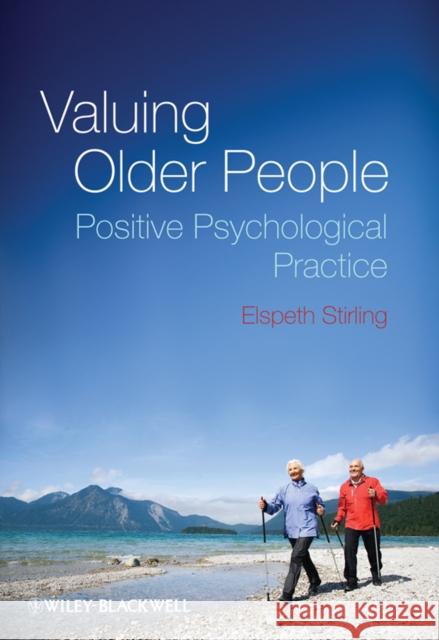Valuing Older People: Positive Psychological Practice » książka
topmenu
Valuing Older People: Positive Psychological Practice
ISBN-13: 9780470683347 / Angielski / Miękka / 2010 / 224 str.
Valuing Older People: Positive Psychological Practice
ISBN-13: 9780470683347 / Angielski / Miękka / 2010 / 224 str.
cena 189,60
(netto: 180,57 VAT: 5%)
Najniższa cena z 30 dni: 188,43
(netto: 180,57 VAT: 5%)
Najniższa cena z 30 dni: 188,43
Termin realizacji zamówienia:
ok. 22 dni roboczych.
ok. 22 dni roboczych.
Darmowa dostawa!
This book examines the growing importance of positive psychology and its connection to later life.
- Applies Social Role Valorisation (SVR) principles to care of older people, particularly those with seriously disabling conditions such as dementia, stroke, and multiple health problems
- Provides a comprehensive body of positive principles and practical approaches for those who care for older people
- Examines the impact of the devaluation of older people's lives in the context of societies dependent on technology
- Demonstrates how more age-inclusive societies and open awareness of later-life issues are fundamental to strong communities, as well as to personal happiness and resilience











